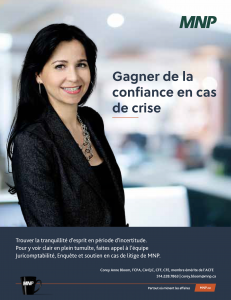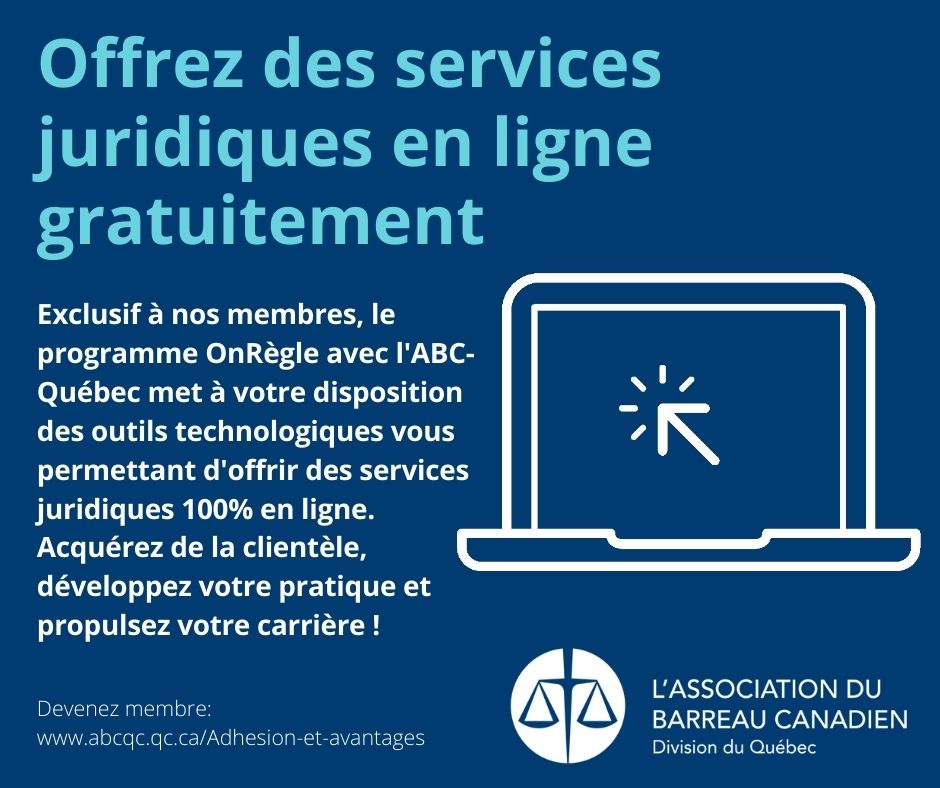All roads lead to PARIS? The ChangeNow Summit is worth a trip to the capital

Paris has historically been an attractive venue for international conventions, conferences, and world forums. This year in particular started with a bang thanks to the third edition of the CHANGENOW Summit, which was held over three days at the Grand Palais at the end of January.
CHANGENOW has been riding the wave of VIVATECH, the biggest tech event in Europe also held in Paris, which attracted last year for its fourth edition over 120 000 attendees from 125 countries. VIVATECH has been able to secure superstar speakers such as Mark Zuckerberg (Facebook), Eric Schmidt (Alphabet), Satya Nadella (Microsoft), Jack Ma (Alibaba) and even our own Justin Trudeau. President Macron has also been seen on site multiple times, which helped cement the conference as one of the most important in Europe. So how does CHANGENOW compare? With a more modest audience of 20 000 attendees for its third edition, CHANGENOW has been nothing less than a great success, especially among millenials. Instead of focusing on tech, the CHANGENOW Summit auto-declared itself the first ‘World Expo of Solutions for the Planet’ and the ‘largest positive impact gathering in the world’. These are high ambitions, but alarming statistics remind us that we need to remain optimistic as we are nowhere close to the goals we had set for ourselves and our global consumption continues to increase.
There is obviously an overlap with VIVATECH and other tech conferences as most of the ‘solutions’ showcased at CHANGENOW are powered by new technology. However the angle here is different and is of course the ‘sustainability angle’. For instance, where other tech summits have completely understated, misunderstood or simply ignored digital pollution, CHANGENOW had an entire segment on it, confronting the issue face on. The digital carbon footprint is currently estimated at 4%, double that of the aviation industry. Watching cats on YouTube may have a bigger impact on climate change than eating a couple of steaks a week or flying to Cuba in the winter. Businesses and organisations at CHANGENOW were therefore vocal about carbon footprint transparency and set bold goals for themselves creating real benchmarks in their respective industries. Some, like Stimergy, revealed solutions for creating carbon neutral server centers; while Microsoft (which has been carbon neutral since 2012) announced that it would aim to be carbon negative by 2030 and committed by 2050 to have removed all the carbon from the environment it has emitted either directly or by electrical consumption since it was founded in 1975).
With change, comes great opportunities
Sustainability is no longer a buzzword. Businesses pledge to act and customers are expecting them to. 2019 was somewhat of a turning point for sustainability whether it stemmed from the rise of superstar activists or simply a generational change in culture.
Many law firms now have law specialists who tackle climate change from a civil, regulatory and criminal angle. Court actions are being filed around the world (notably in Quebec, the Netherlands and the UK) against corporations and governments for their contribution to the global and local carbon footprint. From a technology point of view, obvious opportunities arise for intellectual property legal professionals. More complex IP questions are left open such as whether we should expect patent pools or standards and standard setting organisations for climate change technology as they exist in telecommunication (3G, 4G, 5G). CHANGENOW did not address all the questions but certainly did a good job at tackling many. For instance, IP experts, Plasseraud IP, were present and discussed protection models options for emerging technologies.
Industries and sectors to watch
CHANGENOW defined 8 areas (based on the UN Sustainable Development goals) which are the most urgent global issues of the 21st century and for which practical and sustainable solutions are and can be developed. They are (1) clean air & water; (2) secured and healthy food and water; (3) sustainable & accessible energy; (4) preserved diversity; (5) sustainable consumption and production; (6) good health and wellbeing; (7) quality education and (8) peace and humanity.
CHANGENOW presented an interesting sample of technologies and solutions in these key areas. Below are just a few examples of the panoply of sectors and innovations to watch.
Aviation
One industry in need of urgent action and innovation is the aviation industry. Aviation emissions have been rising more quickly than other emission-heavy sectors (the amount of CO2 emissions from this sector rose by almost a third (32%) between 2013 and 2018, 70% faster than UN predictions). The global aviation industry produces around 2% of all human-induced carbon dioxide (CO2) emissions.
There are however some reassuring news from European airlines taking the lead in sustainability matters. For instance, KLM Royal Dutch Airlines along with SkyNRG and SHV Energy invested in the first plant for sustainable aviation fuel (SAF), which is being built in the Netherlands and should be operating as early as 2022. The facility will feed on regional waste to produce SAF, BioLPG (which has the same energy efficiency as propane) and naphtha. AirFrance also promoted their first flight exclusively running on biofuel from San Francisco airport. Hydrogen fuel as a power source remains however the number one innovation to watch for and invest in to solve the high emission problem of the aviation industry, according to the expert panel present at the conference.
Old technology can nevertheless be leveraged to solve new problems. This is the case of FLYING WHALES, a French company supported by Investissement Quebec, which builds modern blimps with large cargo holds. Turning paradigms on their heads, FLYING WHALES allows transportation of heavy equipment to land-locked areas (such as where wind power turbines are installed) removing the need to build infrastructure to access these areas. FLYING WHALES was endorsed by public authorities as one of the most preeminent projects in the future of French industry.
Meat substitutes
Meatless burgers options have (almost) become ubiquitous in fast food chains and supermarket aisles. One of the most attended talks at CHANGENOW this year was “Changing Food Culture”. Among others, Seth Goldman, chairman of Beyond Meat, discussed the opportunities in this sector. For Goldman, the key marketing factor which differentiated Beyond Meat from other meat substitutes was that Beyond Meat was not trying to target vegans or vegetarians specifically, but rather anyone wanting another option in the meat aisle. Meat substitutes should be considered alternatives rather than simply a different category of food. There is a lot of R&D in this sector and it is definitely one to watch for lawyers working in AgTech or IP.
Coup de coeur
Other projects and innovations worth noting are SAPES and SUGi.
SAPES is a patented air-to-water collection device from Korea. Its technology allows liters of water to be collected from the air in a single day without any additional source of energy.
SUGi is a global platform for urban rewilding providing direct access to fast-growing network of urban foresters. It reminds us of the power of networks and community building as tools for impact.
Conclusion
CHANGENOW should be on the agenda of tech-savvy lawyers who want to be ahead of the curve.












